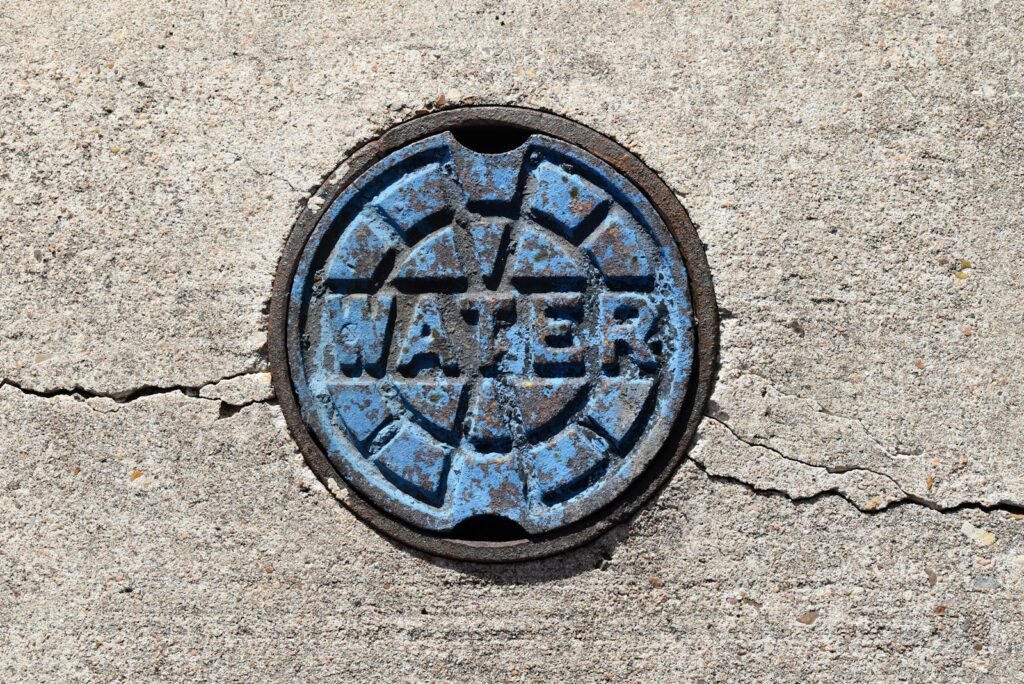The government’s flagship Environment Bill falls ‘woefully short’ in protecting the UK’s environment post-Brexit as things stand, MPs have said.
In its pre-legislative scrutiny of the bill, the Environmental Audit Committee (EAC) criticised the document, which sets out the government’s plans to protect the UK’s environment after the country has left the EU.
The House of Commons committee has expressed ‘serious’ reservations about the draft Bill, saying that it ‘lacks coherence’ and is set to leave many government departments unaccountable when it comes to hitting environmental targets.
Mary Creagh MP, chair of the Environmental Audit Committee, said: ‘If we want to be a world-leader in environmental protection, we need a world-leading body to protect it.
‘The Government promised to create a new body for governance that would go beyond standards set by the European Union. The Bill, so far, falls woefully short of this vision.’
Reviewing the principles and governance of the draft Bill, MPs have expressed concerns that its proposals ‘severely downgrade’ the environmental principles used to guide EU law and policy.
One example given of principles lacking from the Bill is the presumption that environmental protections will not be reduced after the UK leaves the EU, as it sets no legal requirements for public bodies to maintain current standards.
The EAC also found that the government ignored its recommendation to make its new Office of Environmental Protection (OEP) accountable to parliament, as the Bill failed to make clear just how independent the new watchdog body would be.
The committee particularly slammed the government’s decision to exclude greenhouse gas emissions from the Bill’s definition of environmental law, leaving the OEP with no power to force central, local and public government bodies to mitigate climate change.
Creagh added: ‘Far from creating a body which is independent, free to criticise the Government and hold it to account, this Bill would reduce action to meet environmental standards to a tick-box exercise, limit scrutiny, and pass the buck for environmental failings to local authorities.
‘It’s shocking that enforcement to act on climate change has been deliberately left out of the remit of the OEP.
‘The draft Bill means that if we leave the EU we will have weaker environmental principles, less monitoring and weaker enforcement, and no threat of fines to force government action.’
The EAC has urged the government to put a high level of environmental protection as an ‘overarching guiding objective’ of the bill, and make the OEP accountable to parliament.
The committee has also asked for the OEP to be given equivalent powers to those of the European Commission when it comes to enforcing environmental standards.
A Defra spokesperson said: ‘We are grateful to the Environmental Audit Committee for their oversight of the draft clauses of our forthcoming Environment Bill.
‘We welcome the publication of this report, and will respond in due course having carefully considered the Committee’s recommendations.’
The government’s full Environment Bill – which will cover air quality, nature conservation and waste management – is set to be introduced later this year.
















